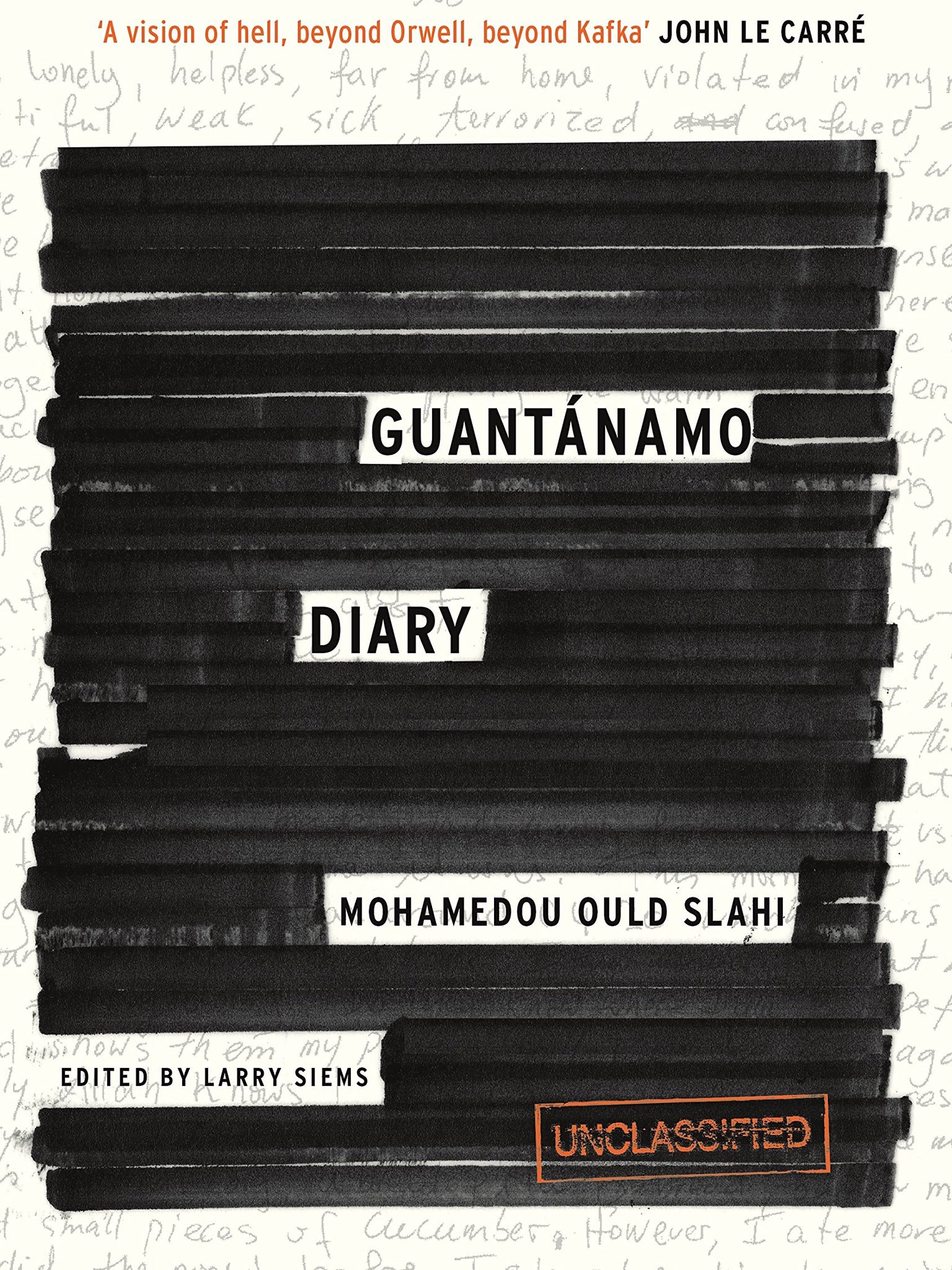Guantanamo Diary by Mohamedou Ould Slahi (Edited by Larry Siems) - book review: A sobering, often chilling, read
America's justice rendered bare

Your support helps us to tell the story
From reproductive rights to climate change to Big Tech, The Independent is on the ground when the story is developing. Whether it's investigating the financials of Elon Musk's pro-Trump PAC or producing our latest documentary, 'The A Word', which shines a light on the American women fighting for reproductive rights, we know how important it is to parse out the facts from the messaging.
At such a critical moment in US history, we need reporters on the ground. Your donation allows us to keep sending journalists to speak to both sides of the story.
The Independent is trusted by Americans across the entire political spectrum. And unlike many other quality news outlets, we choose not to lock Americans out of our reporting and analysis with paywalls. We believe quality journalism should be available to everyone, paid for by those who can afford it.
Your support makes all the difference.The journal of a Guantanamo detainee who remains incarcerated despite being cleared for release in 2010 makes a sobering, often chilling, read. Mohamedou Ould Slahi has been imprisoned without charge for more than 13 years. Arrested in his native Mauritania, Slahi was rendered by the US to Jordan and Afghanistan, then to Cuba in August 2002. There, he was reduced to a number – “prisoner 760”.
Slahi’s “crime” was to travel to Afghanistan as a student in 1991 and 1992 to join al-Qaeda’s fight against the communist-led government. As he points out, at the time the US supported the cause. The fact that the Bush administration sanctioned the use of torture at Guantanamo Bay is already well known. TheTortureReport.org was published in 2010 – Slahi’s editor, Larry Siems, is one of its lead writers. Slahi’s searing account of his ritual humiliation and mistreatment offers further compelling evidence of illegal rendition and interrogation under President Bush.

It is the detail that convinces. Slahi describes being shackled, blindfolded, made to stand for long periods, stripped naked, denied water and subjected to sleep deprivation, loud noise and threats of violence. In one passage he describes being sexually abused by female interrogators. Another time, he is transported out to sea, forced to drink salt water until he vomits and then is beaten in the face and ribs while immersed in ice to hide the bruising. In 2004, Slahi made false confessions to keep his interrogators happy.
In 2005, finally allowed pen and paper, Slahi wrote his prison diary in English, his fourth language. His turn of phrase, obviously picked up from his jailers, “for Pete’s sake”, “dead right”, “that’s very convenient” and “if you’re buying, I’m selling”, are strangely endearing. They remind us of Slahi’s humanity and his sense of kinship with his abusers. Despite the cruelty of solitary confinement, Slahi finds solace in unexpected places. Deprived of any sensory material, he reads repeatedly the tag on his pillow. Slahi’s humour also shines through. When the guards decide he is to be nicknamed “Pillow” and he has to give them names of characters from Star Wars, Slahi comments wryly: “I was forced to represent the forces of Evil, and the guards were the Good Guys.”
Guantanamo Diary was published last week in 13 countries, accompanied by a high profile campaign. Slahi’s story deserves to be widely read. It took more than six years for the manuscript to be cleared and, even then, the US government added some 2,500 black bar redactions. One can only hope that Slahi will be released and see justice done.
guantanamodiary.com
Join our commenting forum
Join thought-provoking conversations, follow other Independent readers and see their replies
Comments